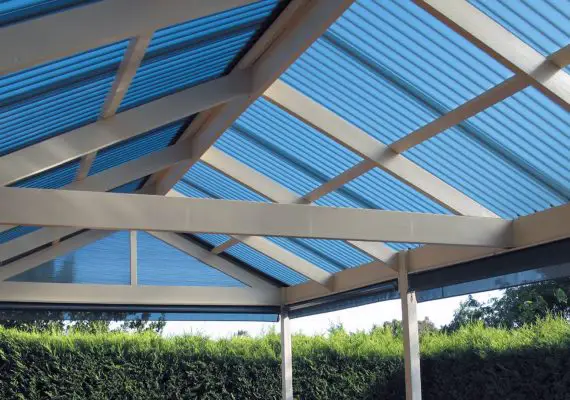What Is The Average Span For Precast Hollow Core Concrete Slabs?
What Is The Average Span For Precast Hollow Core Concrete Slabs?
Precast concrete hollow core slabs are an important type of building material used in construction projects around the world. These slabs are designed for a typical span of six meters but can be used with or without a structural concrete topping, depending on the needs of the project.
Hollow core slabs are an efficient and versatile type of building material that can be used in a variety of applications. They are used for flooring, and in walls for both interior and exterior use.
Precast concrete hollow core slabs offer a wide range of advantages, which makes them an efficient option for many building projects.
The precast hollow core concrete slab is a lightweight and versatile construction material. They are ideal for both interior and exterior use, whereas with traditional stone-based construction you may have to add extra thickness to the wall to obtain desired strength.
They can be used in both domestic buildings and commercial properties.
What Is The Best Sealant For Concrete Slabs?
Epoxy concrete sealers are the most durable, making them good for sealing garage floors and high-traffic retail environments. Softer acrylic sealers, which require sacrificial floor wax, are more affordable and popular for residential concrete floors, including basements.
Epoxy sealers form a protective barrier on the surface of the concrete, providing excellent resistance to staining and wear. Acrylic sealers provide a lower level of protection but are much easier to apply and maintain.
A concrete sealer is vital for protecting surfaces against water damage caused by freeze/thaw cycles, stains from dirt, deicing salts, oil, other impurities, and other contaminants, among other things. So, if you’ve just finished installing your fantasy ornamental concrete masterpiece, make sure it’s sealed.
What Are Precast Concrete Slabs?
Precast concrete slabs may be an asset to any building project. The slabs are adaptable, allowing them to be fitted into structures and foundations in a number of ways.
Concrete slabs are utilized in a wide range of building projects, from simple home improvements to huge commercial ventures. Because it is poured in a controlled environment, precast concrete offers an advantage over regular slabs.
The slabs are created by pouring conventional concrete into a mold under well-monitored circumstances. This keeps environmental factors from damaging the concrete and strengthens the buildings that employ it.
Whereas other materials decay with age, precast concrete strengthens with age, and it is very resistant to numerous elements and possible environmental hazards. Furthermore, concrete slabs are not labor-intensive projects, which can save the builder money from the start.
Concrete slabs are also commonly employed in industrial and institutional structures. Because the slabs may be pre-fabricated, they can be manufactured and then held in stock until needed for a project.
When it is determined that the slabs are required on-site, they are transported and positioned in the appropriate location to ensure that they are available when the project requires them.
When the slabs are in position, they are cured, once again in an ecologically stable and regulated setting, and may be utilized immediately.
Concrete slabs come in a wide range of forms, sizes, and styles. Because of their versatility and ease of use, they are an excellent choice for practically any building job.

